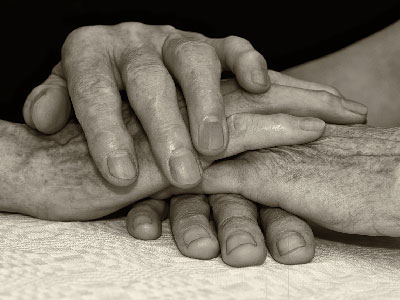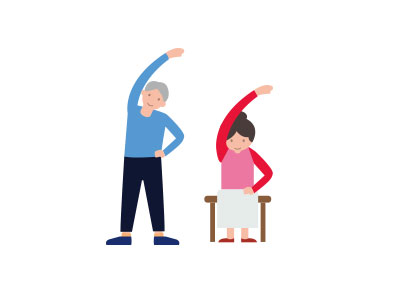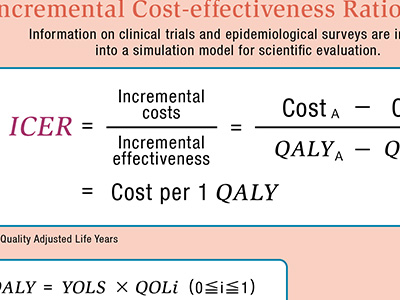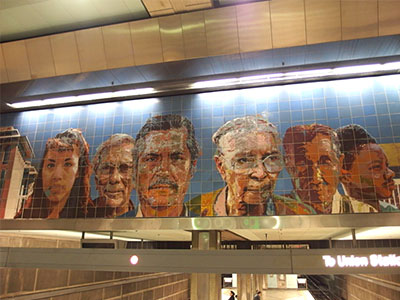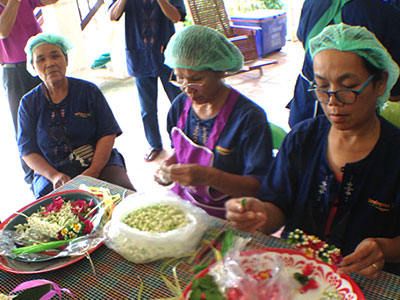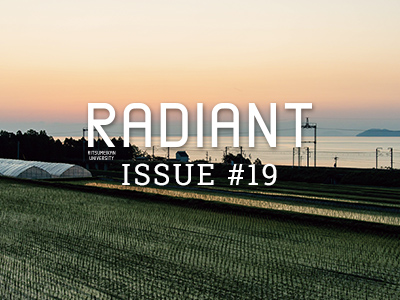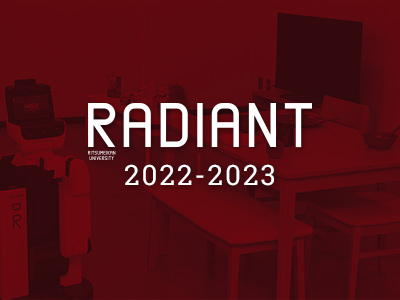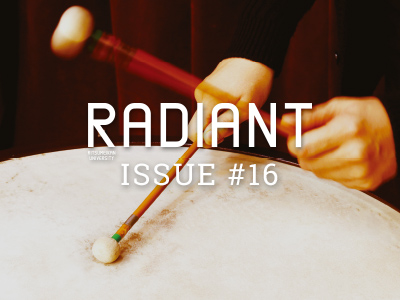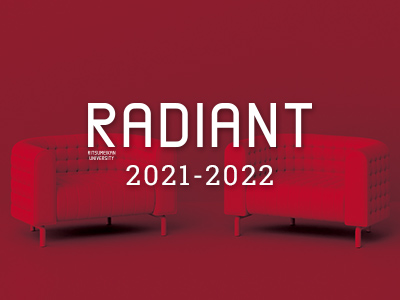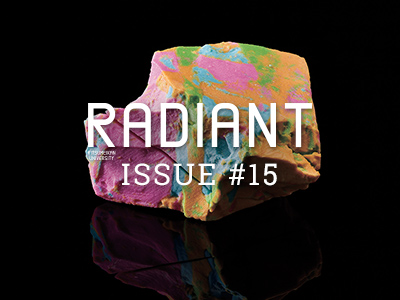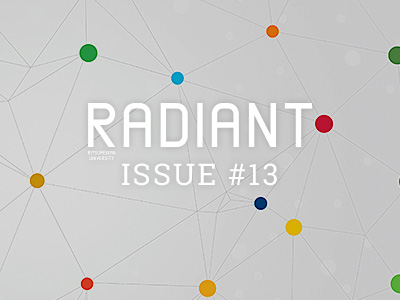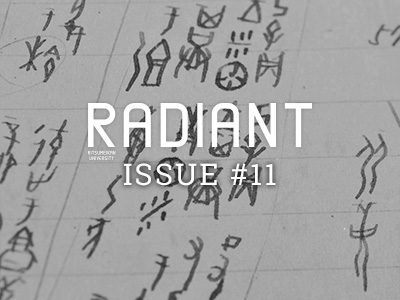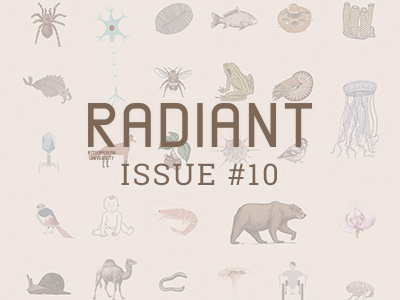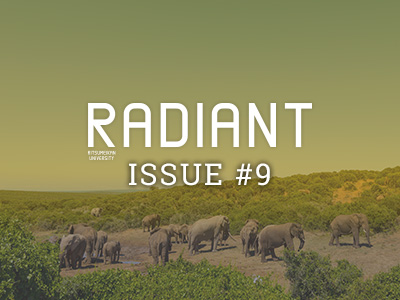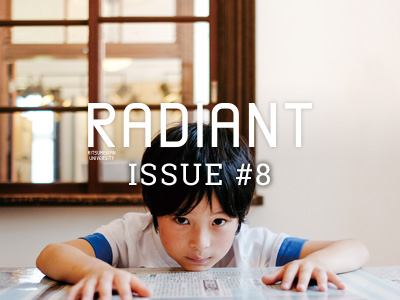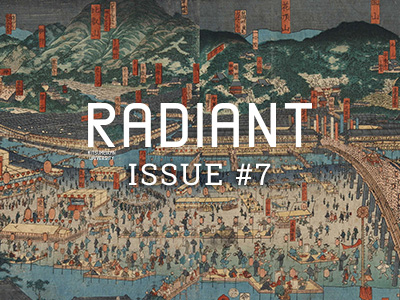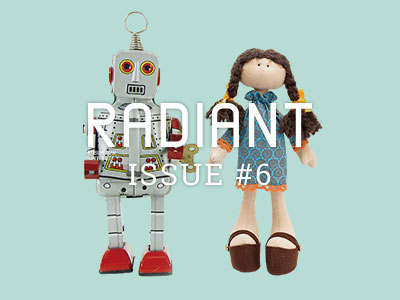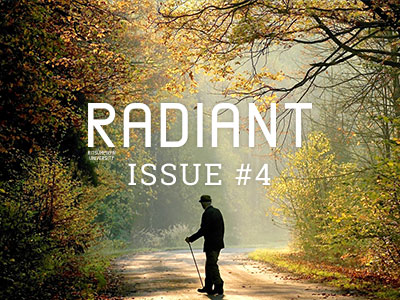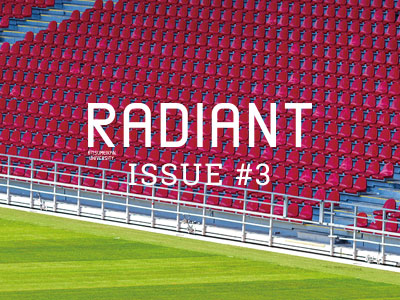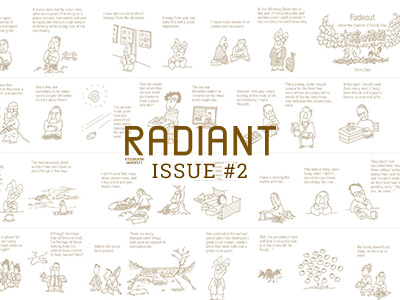STORY #4
Health Promotion with Citizens Playing a Central Role
Takehito Hayakawa
Professor, The Kinugasa Research Organization
Using “Community Life Support” to spread citizen-driven health promotion activities
Currently, the average life expectancy in Japan is more than 80 years old for both men and women. However, there is a gap of about 10 years between this average life expectancy and one’s health span—the period a person can live their daily life without any health issues—which means that in reality many people will require care for a number of years.
Specializing in epidemiology and public health issues and with a background of studying diseases from the viewpoint of society, Takehito Hayakawa thinks that in order to prevent the elderly from requiring long-term care or becoming bed-ridden, we need to use an approach that takes into account the environment and society surrounding the elderly, rather than simply having clinicians deal with them.
“Statistically, the causes of elderly people requiring care include cerebrovascular disease, asthenia due to old age, and cognitive impairments, as well as falls, fractures, and joint impairments. In particular, the prevention of falls, fractures, and joint impairments can be initiated by anyone at any time,” Hayakawa says. In fact, 45% of people certified to receive Long-Term Care Insurance have comparatively mild requirements such as Requiring support or Requiring long-term Care 1, and reducing the numbers of such people can help reduce Long-Term Care Insurance costs.
For this reason, in 2016, Hayakawa launched the Social Studies of Health and Community Project—an interdisciplinary project involving professors of Ritsumeikan University’s College of Social Sciences and the College of Comprehensive Psychology—and initiated a study aimed at preventing people from becoming bed-ridden or requiring long-term care.
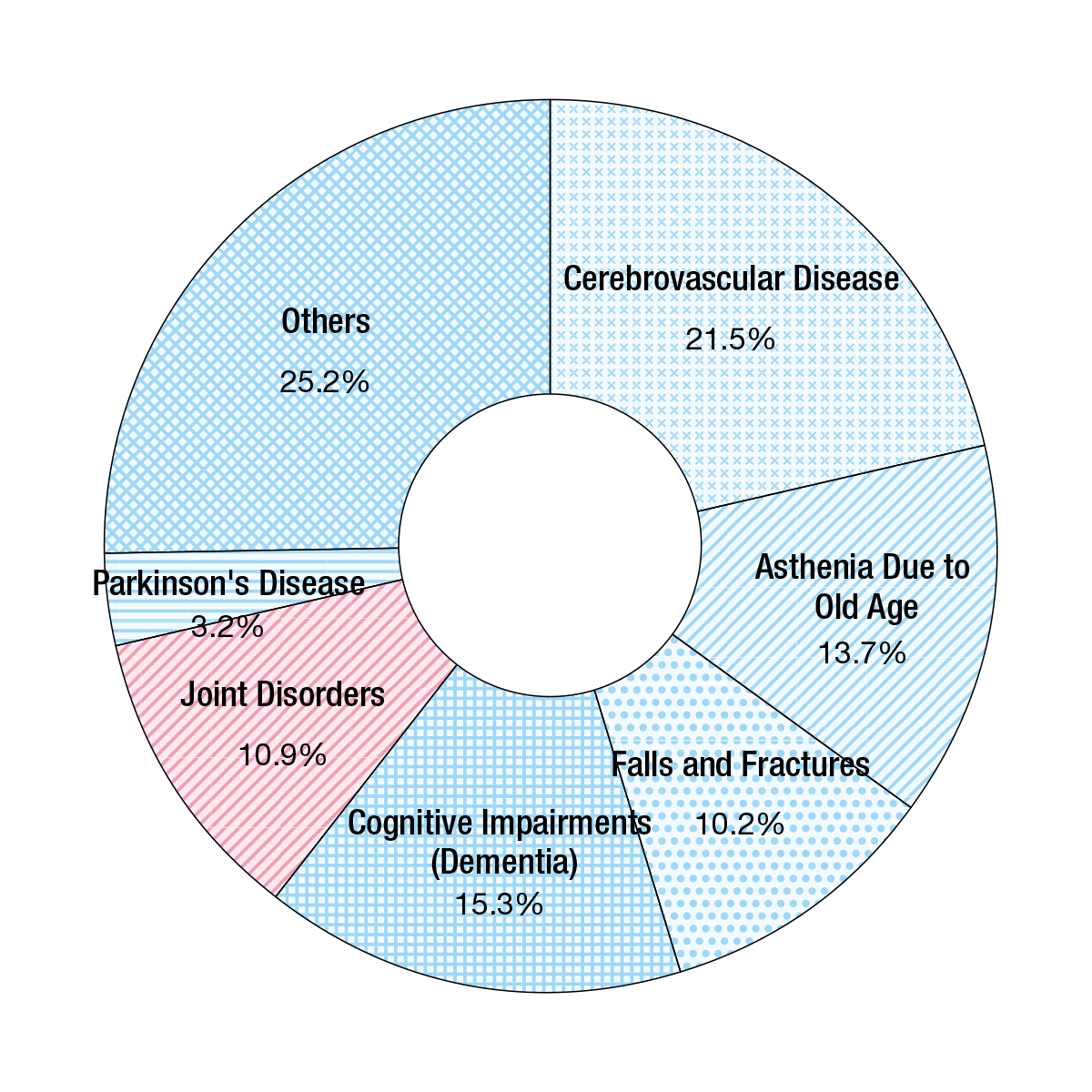
Reasons for applying for Long-Term Care Insurance
(Source: Comprehensive Survey of Living Conditions, 2010)
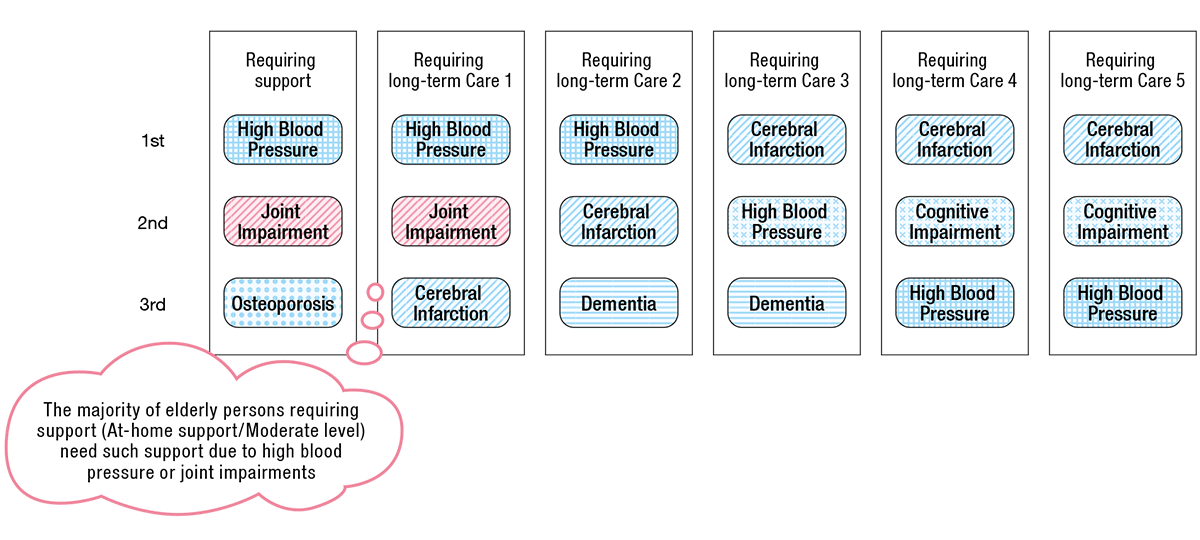
Diseases considered to be the cause of requiring support given by doctors (At-home care support)
(Kitakyushu City (2002)/Original drawing by Dr. Matsuda (University of Occupational and Environmental Health, Japan))

Ratio of persons qualifying for Long-Term Care
(Source: Monthly status report on the long-term care insurance projects (April 2012))
What Hayakawa particularly emphasizes is “Community Life Support.” With the goal of “Community health support,” he has spent three years spreading exercise programs aimed at improving the health of citizens in Fukushima Prefecture. It is commonly known that exercise is very effective for preventing lifestyle-related illnesses and promoting other health improvements. In the program, groups ranging from five to more than ten participants get together about once a week for at least three months and exercise at levels that are effective for improving motor functions. Hayakawa explains that “even if your body functions have deteriorated due to old age, you can still do physical exercise that is sufficient to improve your health such that you can avoid requiring long-term care.”
Initiatives where people get together and exercise for health purposes are quite common, but the key to this program is that the citizens play a central role. As Hayakawa explains, “What is important is that not the government or professional instructors assume leadership, but that the actual citizens themselves assume health improvement as their own issue and tackle it themselves with an awareness of protecting their health.” So that citizens will want to do it, he suggests that rather than positioning exercise as the main goal, it should be done in conjunction with other events such as enjoying tea or coffee or for entertainment. Even if it is for health issues, when people participate out of a sense of obligation, they tend to give up. But if it’s fun like meeting friends or chatting, they will start to participate in such programs of their own volition. The initiative started in a neighborhood association in Fukushima City with about 20 participants. Now, it has spread to 16 neighborhood associations and more than 30 groups that operate voluntarily across the city. This truly demonstrates the fact that community life support conducted with an awareness that one should protect one’s health, in addition to promoting the idea that not only the government but also citizens should feel a sense of crisis that their health is their own matter, will lead to an overall health improvement for all citizens.
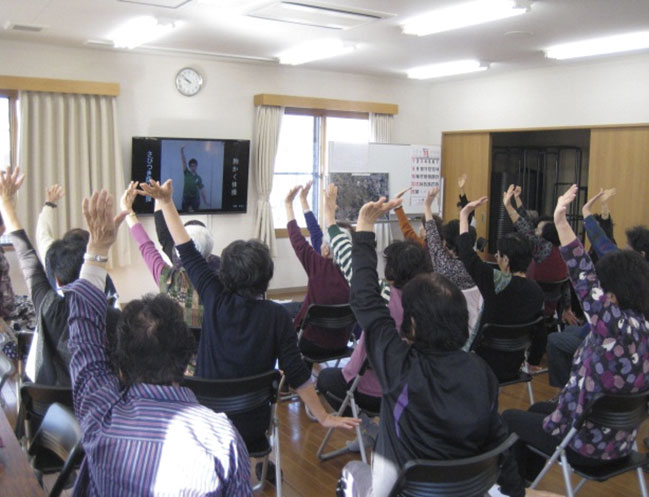
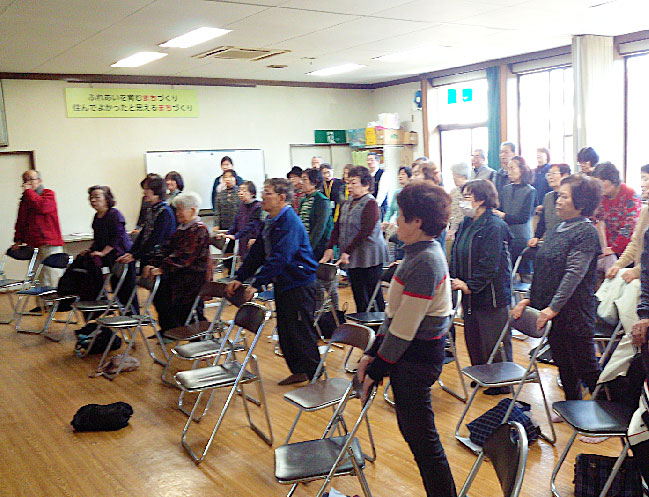
In Fukushima City alone, the program has spread to 16 neighborhood associations and more than 30 groups on a voluntary basis.
Now, through the Social Studies of Health and Community Project, Hayakawa is trying to implement the program in Kyoto Prefecture. Through his research and demonstrations, he aims to tackle issues in community health support and their solutions, while contributing to community health improvements in Kyoto. Ultimately, he hopes to link this knowledge to the establishment of a fundamental theory of social studies of health and community.
Hayakawa is now working on a data health plan which involves using medical and health data held by individual municipalities to help extend the health span in Japan. By identifying the health issues and characteristics of a community as evidenced by the data of individual municipalities, he is able to present a model for improving the health of many people through community life support. Hayakawa goes on to express his commitment by saying, “In this way, I aim to verify the very reason for the existence of community health sociology.”
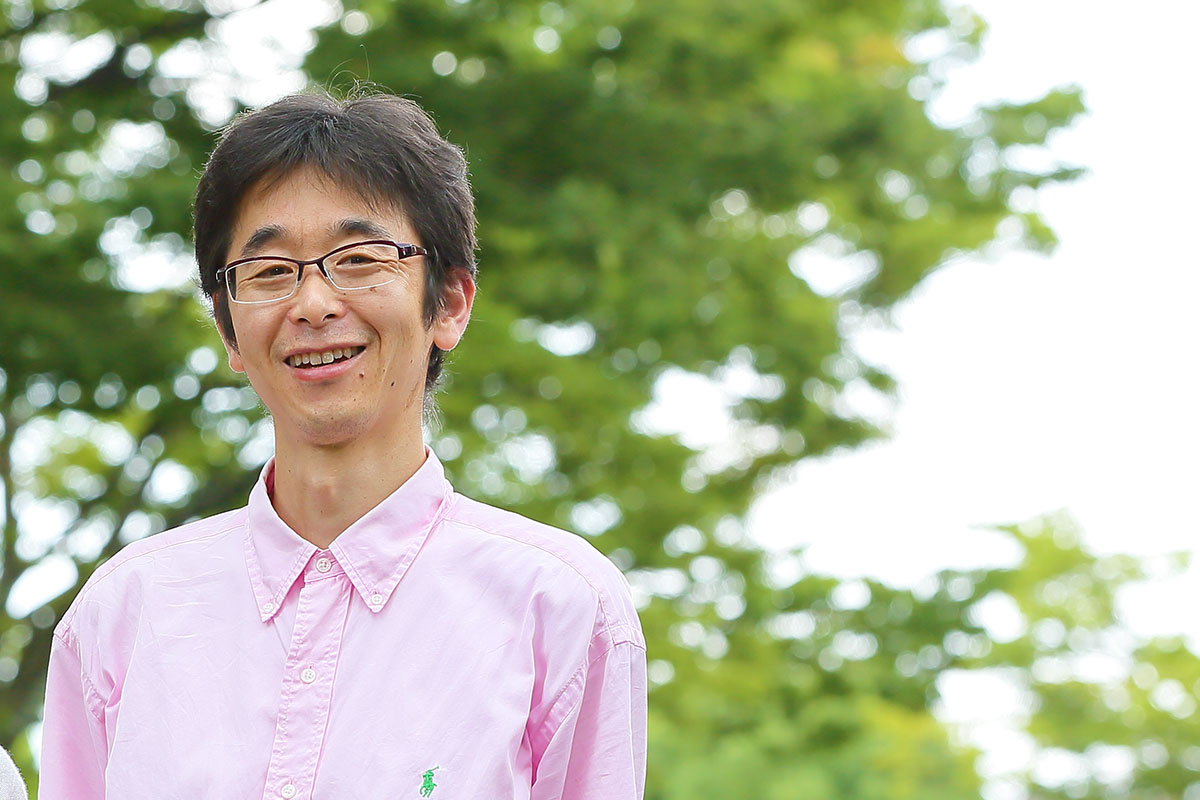
Takehito Hayakawa
Professor, The Kinugasa Research Organization
Subject of Research: Research on health and welfare services for the elderly and the prevention of non-communicable diseases
Research Keywords: Hygiene and public health, epidemiology, community health



